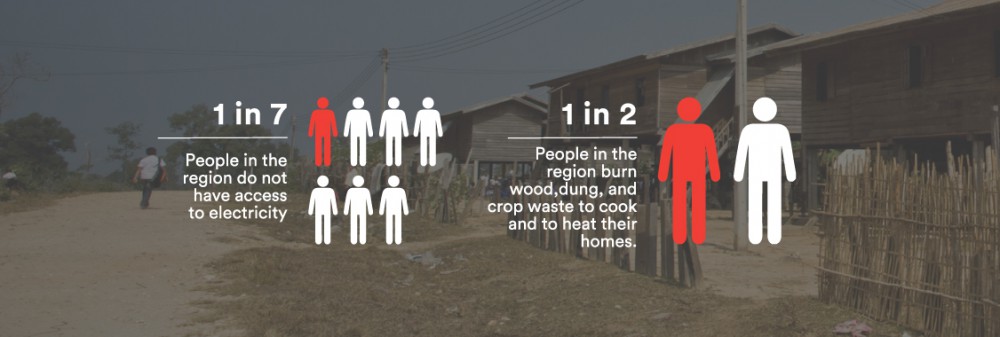Energy Access ensures that everyone around the world has access to modern energy services. However, funding for energy access has been insufficient. In some cases, public funding is neither available nor adequate to meet electrification demands. Thus, private investments are crucial to the fulfillment of these demands. Since investors are expected to consider projects that are profitable, policy-makers need to understand how investors evaluate potential investments.
Energy efficiency is often overlooked, but Asia and the Pacific have the greatest opportunity to mitigate climate chage by being energy efficient.
If improvements by 52.6% in energy efficiency are made, and if there is a 47.4% shift towards lower-carbon emitting sources, CO2 emissions in Asia and the Pacific will be 27.6% lower than the current situation. “This finding suggests the importance of improving energy efficiency not only to cope with the challenges to energy security within the region, but also to manage the global challenges of climate change.”
- APEC, ADB, Energy Outlook for Asia and the Pacific; October 2013

Renewable Energy, consisting of solar, biomass, biogas, wind, hydro and geothermal, will contribute immensely to the fulfllment of the growing energy demands of developing countries. In addition, as part of a country's energy mix, Renewable Energy will alleviate the detrimental effects that the use of fossil fuel energy has on the environment since greenhouse gas emisisons are reduced. In many countries in the Asia-Pacisic where fossil fuel subsidies are high, dissatisfaction from the general public is expeted if such resources are reduced drastically. Stable and predictable policies are thus required in the effort to promote any growth in Rebewable Energy.

Energy Access ensures that everyone around the world has access to modern energy services. However, funding for energy access has been insufficient. In some cases, public funding is neither available nor adequate to meet electrification demands. Thus, private investments are crucial to the fulfillment of these demands. Since investors are expected to consider projects that are profitable, policy-makers need to understand how investors evaluate potential investments.
According to the Asian Development Bank, more than 600 million people in the region still do not have access to electricity and almost two billion people burn wood, dung, and crop waste to cook and to heat their homes.

Given the growth in energy demand expected in Asia and the Pacific, strong policy frameworks need to be put in place so that this growth is sustainable.